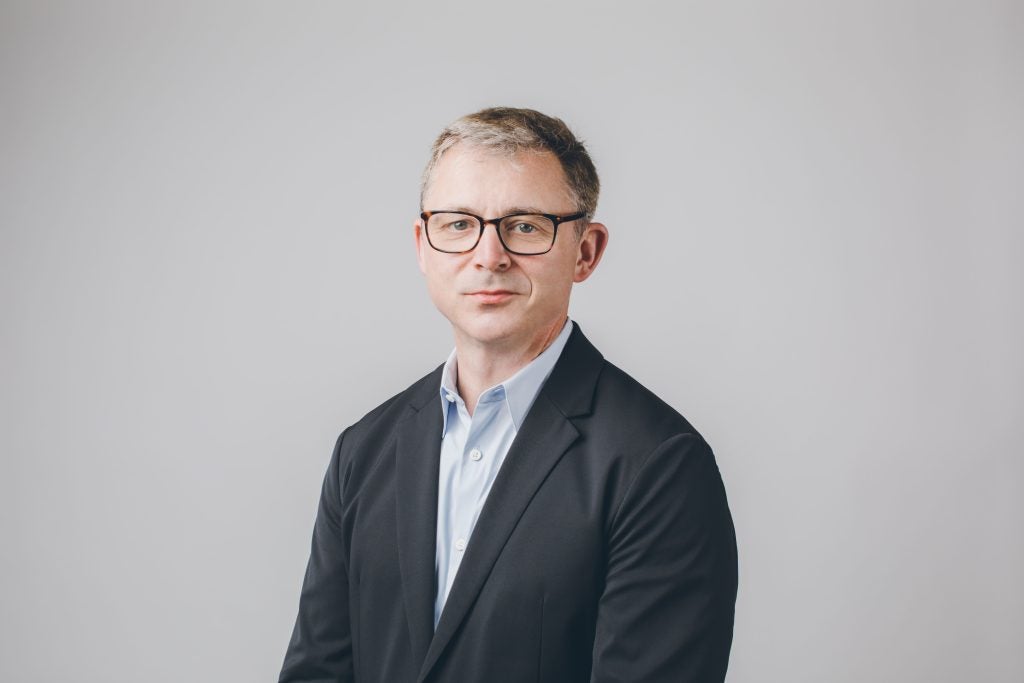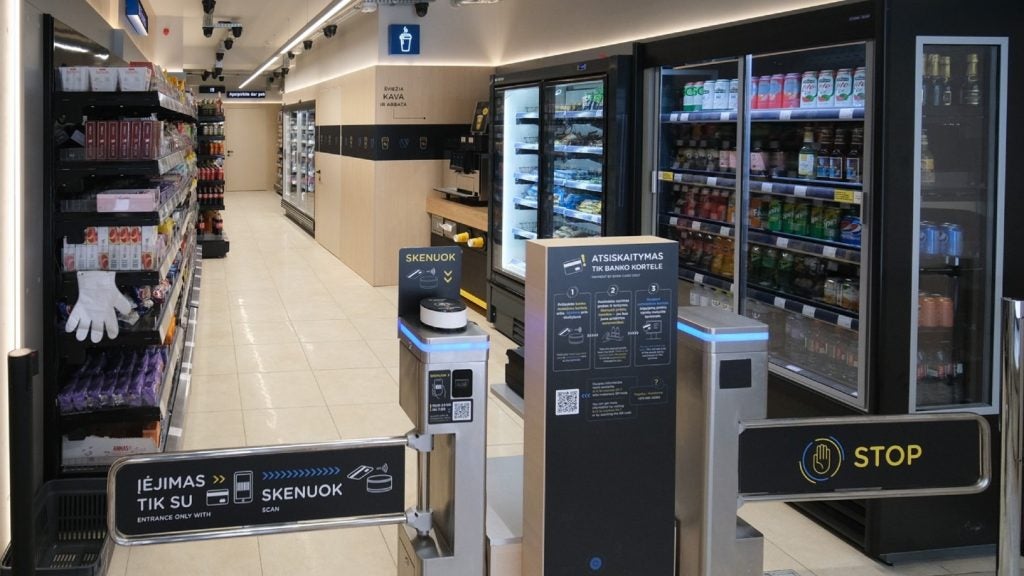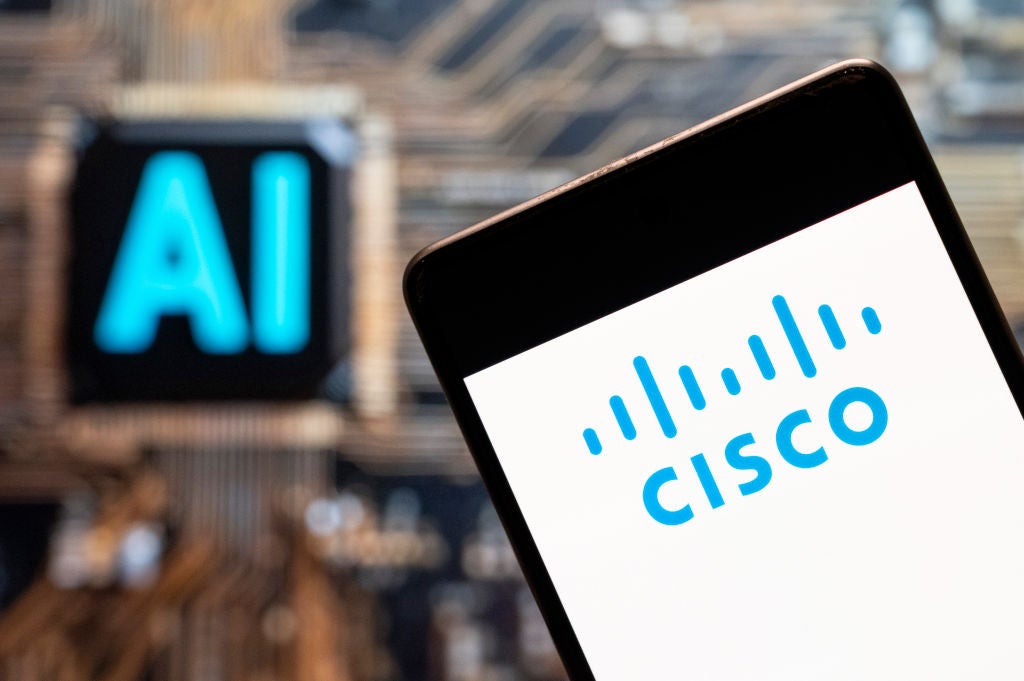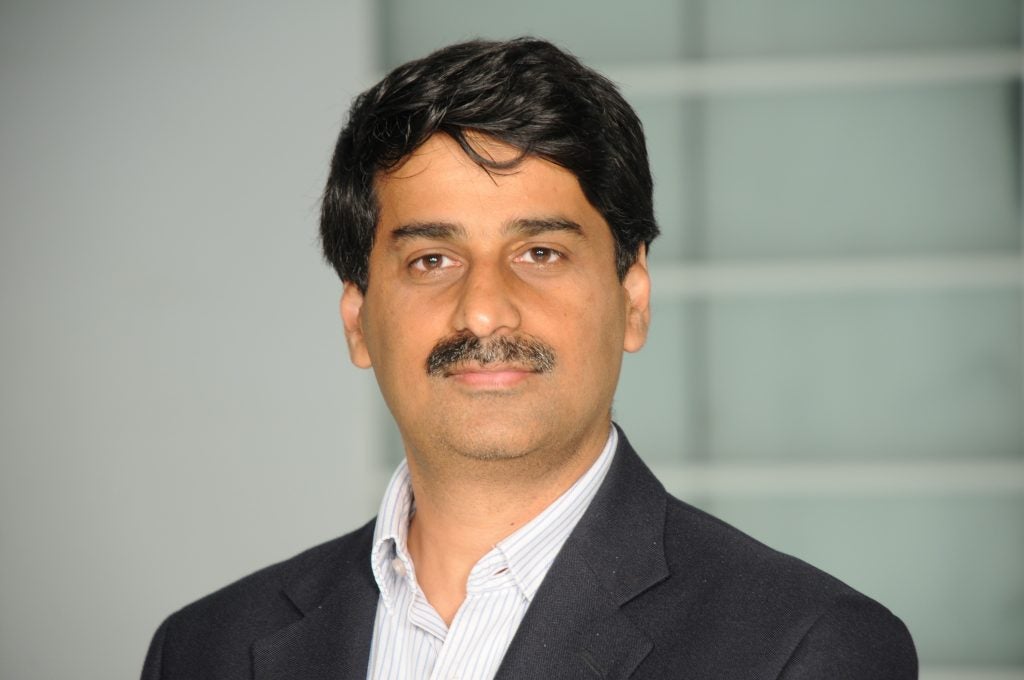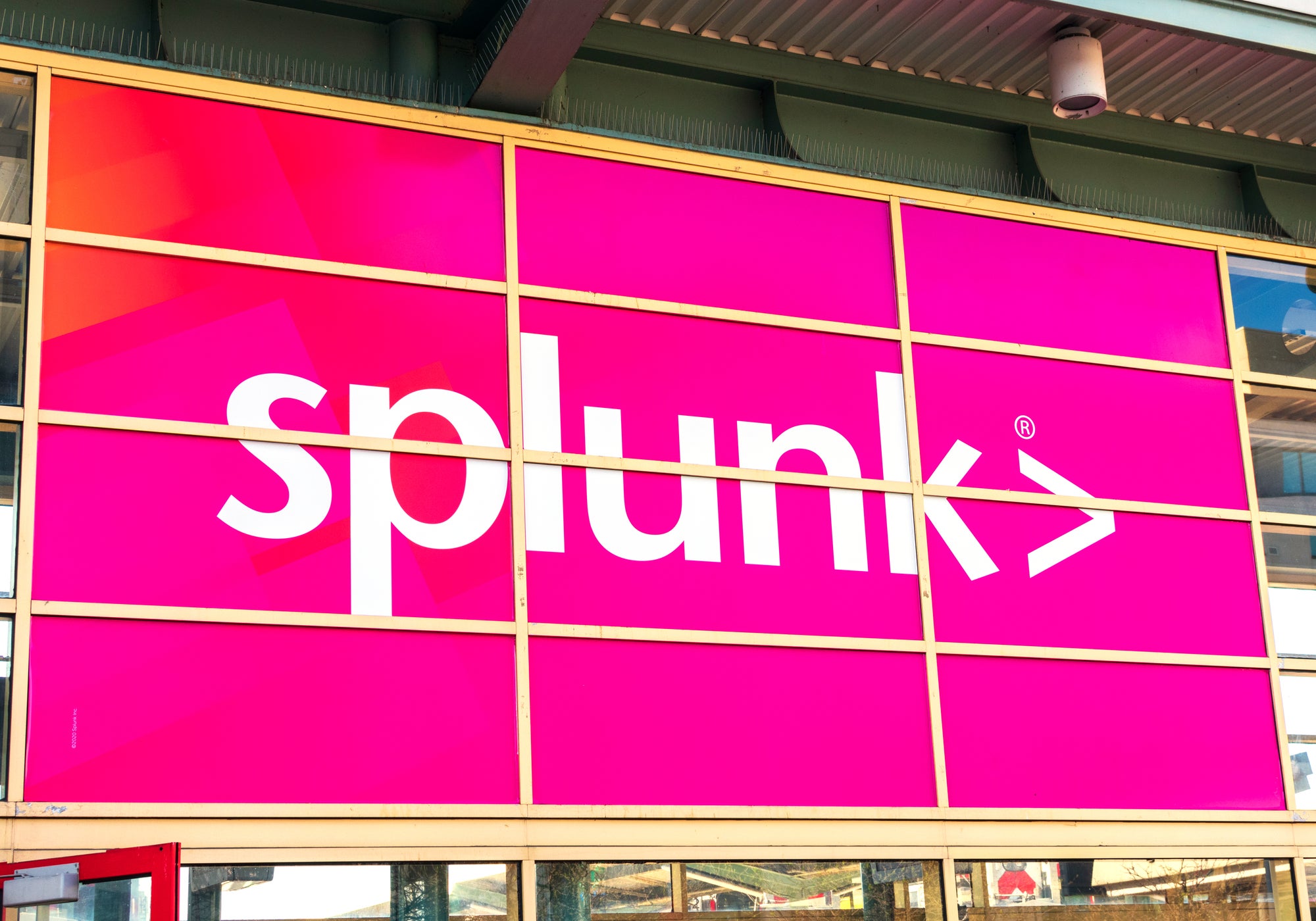
James Hodge is the global chief technical advisor (CTA) at Splunk, an enterprise software platform used for searching, monitoring, and examining machine-generated big data.
The San Francisco-headquartered multinational aims to make an organisation’s data accessible and usable by identifying data patterns and providing visual metrics. It has variations of its platform tailored towards IT teams, security and DevOps.
As Splunk CTA, Hodge focuses on data ethics and digital transformation. In this Q&A, the 38th in our weekly series, Hodge explains the need to balance the value of data with privacy, shares why he’s excited about VR in education and reveals why an anaesthetist is his tech hero.
Rob Scammell: Tell us a bit about yourself – how did you end up in your current role?
James Hodge: I have been at Splunk for about 7 years now which have led up to my current role as chief technical advisor. Since joining Splunk I have had the opportunity to work in a number of roles in really quite different areas of the business from product management through to sales engineering and evangelism roles. I have ended up where I am as there was the opportunity for a role that sat in the middle of those very different functions. I look to support our customers to get the most from the Splunk Platform and really use data to drive positive change within their organisations.
What’s the most important thing happening in your field at the moment?
The most important thing at the moment is that we are consuming so much information and in so many different ways. Whether it’s via mobile, augmented reality (AR), virtual reality (VR) or even Alexa, we are being brought closer to data. This presents a wealth of opportunity for us to drive innovation that will benefit our everyday lives, but it also presents challenges. How do we balance the value that data can bring to our lives with privacy and other considerations like digital trust? These are some of the challenges I work through with customers on a daily basis and am passionate about achieving the right balance.
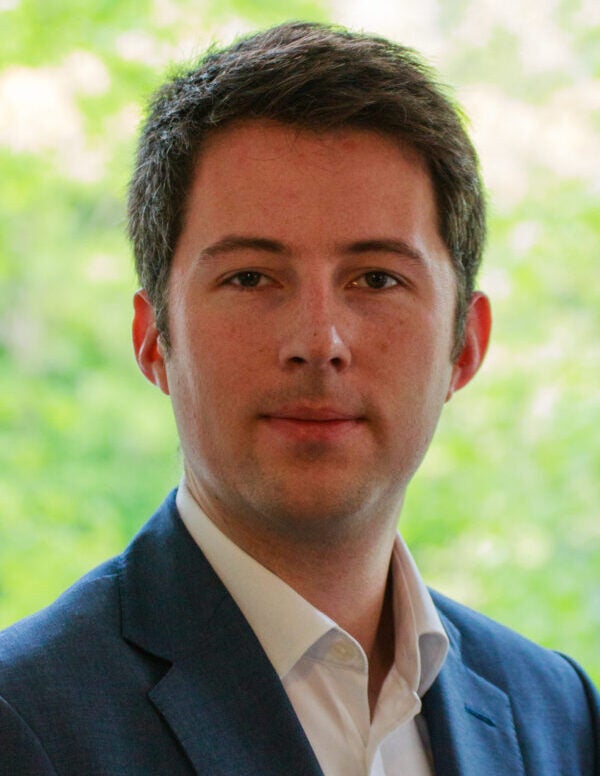
How well do you really know your competitors?
Access the most comprehensive Company Profiles on the market, powered by GlobalData. Save hours of research. Gain competitive edge.

Thank you!
Your download email will arrive shortly
Not ready to buy yet? Download a free sample
We are confident about the unique quality of our Company Profiles. However, we want you to make the most beneficial decision for your business, so we offer a free sample that you can download by submitting the below form
By GlobalDataJames Hodge is the CTA of Splunk. Credit: Splunk
Which emerging technology do you think holds the most promise once it matures?
There are so many I’m excited about but I will go with VR. The reason I have chosen it is that I have two young children and it holds so much potential in education. For example, if you are learning how a combustion engine works in a physics lesson you could be able to interact with it and bring it to life. For me, VR is a great step ahead in the democratisation of education as it has the potential to level the playing field for all children. It’s hard for some to learn through books and I think that VR will lead the next wave of societal learning.
How do you separate hype from disruptor?
There is a clear difference for me between experimentation for experimentation’s sake and experimenting in order to solve a problem. The way you act and operate if you are trying to solve a specific problem is different from doing something just to learn more. I think the debate between hype and disruptor is along those lines. A disruptor to me is a company solving a problem, whereas hype is usually around a new area that we don’t understand the full implications of yet.
How do you separate those? You keep a laser focus on the problem that is being solved and when that becomes unclear you are moving towards the hype phase. There is nothing wrong with either of these approaches and I think companies need to ring-fence experimentation without clear immediate value so that you can start building up knowledge in newer areas.
What’s the best bit of advice you’ve been given?
It has to be to find something that makes you smile. You are always going to have hard days at work, be faced with challenges and unexpected situations. If you do something that you are passionate about then it makes these tough times so much easier. It also is infectious, think about watching a presentation from someone who is just beaming from ear to ear, or that video of a baby giggling – it just draws you in and makes you want to engage. Finding that thing that makes you smile and not trying to be someone you are not makes it so much easier to engage with those around you. This has been key to me embracing a growth mindset and really enjoying what I do.
Where did your interest in tech come from?
It came from a passion for science fiction novels – I loved them as a child. I still remember the amazing novel Ringworld by Larry Niven that my father gave me. It had me reimagining the world around me and tech has the power to do that as well. I’m now focused on how we can reimagine experiences for our customers as that drives loyalty, not just the product itself.
What does a typical day look like for you?
I always start the workday by reading the latest tech news and listening to podcasts to stay current, my current favourite is the Exponential View by Azeem Azhar. Then I look at some of the metrics and KPIs I have set up for myself and my team to gauge where we are. Then the rest of my day can be tremendously varied, whether it’s meeting customers, meeting with internal teams, or working on technical projects. Occasionally I even get the chance to build some factory automation projects with Lego! At the end of each day, I make sure I am prepped for the next day so I can start on a positive note.
What do you do to relax?
I have recently really got into my gaming and specifically the Codemasters F1 2019 game. I work closely with the McLaren team on our partnership and have become obsessed with comparing my times against the pro drivers but I have a long way to go! I also regularly clear time in the schedule to reflect, whether that’s by walking the dog or going for a cycle. I think it’s important to have time set aside to pause and take stock of everything.
Who is your tech hero?
This is a slightly left-field choice but my wife is an anaesthetist and through her I have got to know about a British doctor called Kevin Fong. He is incredibly talented. He is a consultant Anaesthetist at UCL in addition to flying with the London Air Ambulance and if that wasn’t enough he has also worked with NASA.
The reason he is my tech hero is that he has a tremendous capacity to communicate complex topics in a really clear way that even someone with little medical knowledge like myself can grasp. He is really an inspiration to me and someone I look up to when I think about how I can communicate the topics I work on, on a daily basis to customers.
What’s the biggest technological challenge facing humanity?
This is a tricky one but I think ultimately it is how we achieve the right balance with technology. Technology is now all-consuming in our lives and drives so many positives, but I think there is work to do to ensure we align it with societal norms for what we should and shouldn’t be doing. It’s really important that we have more discussion and collaboration on emerging areas like AI and I work with the World Economic Forum in that field to get the balance right between innovation and regulation.
Read more: CTO Talk: Q&A with Tenable’s Renaud Deraison



